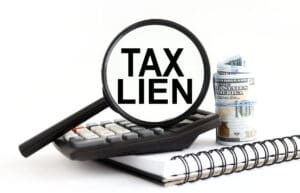Tax Audits Do Not Always Happen Right Away
The tax law gives the IRS three years from the date of a filed return to perform an audit. However, the Internal Revenue Manual (IRM) says that agents must adhere to the guideline of opening and closing an audit within 26 months after taxes are filed or the due date, whichever is the latter. An exception to the rule is if there is suspicion that the taxpayer has committed tax fraud or has back tax returns.
When Do Most Audits Start?
Most audits will start a few months after the tax return has been filed. Often, the IRS will freeze a tax refund because it has a question regarding the accuracy of the return. These questions usually focus on tax credits like the child tax credit or the earned income credit. Before sending the taxpayer’s refund, the IRS might want to verify his or her filing status or the number of dependents. Because the IRS must pay interest on refunds it pays late, it intends to resolve these issues quickly in case the taxpayer is not in the wrong and is entitled to the full refund.
Other audits will usually begin within a year of the tax filing. These take the form of a mail or office audit and are generally related to questionable items on the taxpayer’s return. Many can be resolved by merely responding to the IRS and providing the information requested.
Field audits are more comprehensive audits. These usually start later within the 26-month IRM guideline. The IRS will visit the taxpayer at his or her home or business in this type of audit.
In most cases, because of the 26-month guideline, if the IRS has not audited a return with two years of when it was filed, it probably will not be audited. Again, there are exceptions if the IRS suspects a fraud has been committed.
How Does the IRS Notify Taxpayers of an Audit?
Taxpayers who are selected for auditing will receive a notice that the IRS has pulled their return for examination. Taxpayers need to respond promptly and advocate their tax return position. The taxpayer is entitled to tax audit help from an attorney or other qualified tax professional. With the taxpayer’s permission that individual can communicate with the IRS on his or her behalf.




